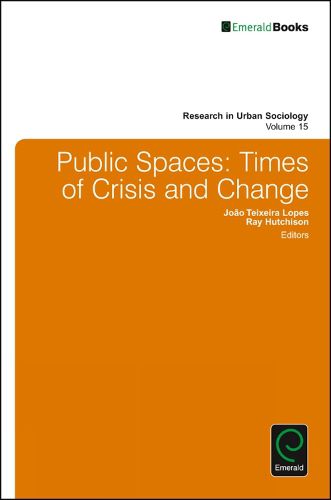Readings Newsletter
Become a Readings Member to make your shopping experience even easier.
Sign in or sign up for free!
You’re not far away from qualifying for FREE standard shipping within Australia
You’ve qualified for FREE standard shipping within Australia
The cart is loading…






This volume is about the plurality and complexity of modern urban public spaces. The authors move far beyond the nostalgia of traditional streets, squares and gardens to mobilize contemporary sociological knowledge based on the mediated relations between spatial morphology and everyday life in cities across several continents. Contributions analyse diverse social realities and social interventions within the context of urban public spaces, linking to the broader discussion of urban public policies in European cities and beyond. Sometimes these interventions lead to exclusionary processes; other times they are the object of conflicts and resistances.
When we speak about the (re)constructions, the uses and counter-uses of urban public spaces, we are always in the core of the political (city: polis) domain as those places are not fixed and do not have unique representations or immutable configurations - they are networks of relationships and social practices with antagonistic views and flexible uses.
$9.00 standard shipping within Australia
FREE standard shipping within Australia for orders over $100.00
Express & International shipping calculated at checkout
This volume is about the plurality and complexity of modern urban public spaces. The authors move far beyond the nostalgia of traditional streets, squares and gardens to mobilize contemporary sociological knowledge based on the mediated relations between spatial morphology and everyday life in cities across several continents. Contributions analyse diverse social realities and social interventions within the context of urban public spaces, linking to the broader discussion of urban public policies in European cities and beyond. Sometimes these interventions lead to exclusionary processes; other times they are the object of conflicts and resistances.
When we speak about the (re)constructions, the uses and counter-uses of urban public spaces, we are always in the core of the political (city: polis) domain as those places are not fixed and do not have unique representations or immutable configurations - they are networks of relationships and social practices with antagonistic views and flexible uses.